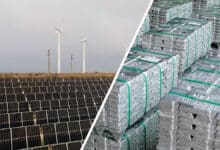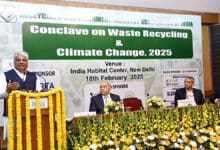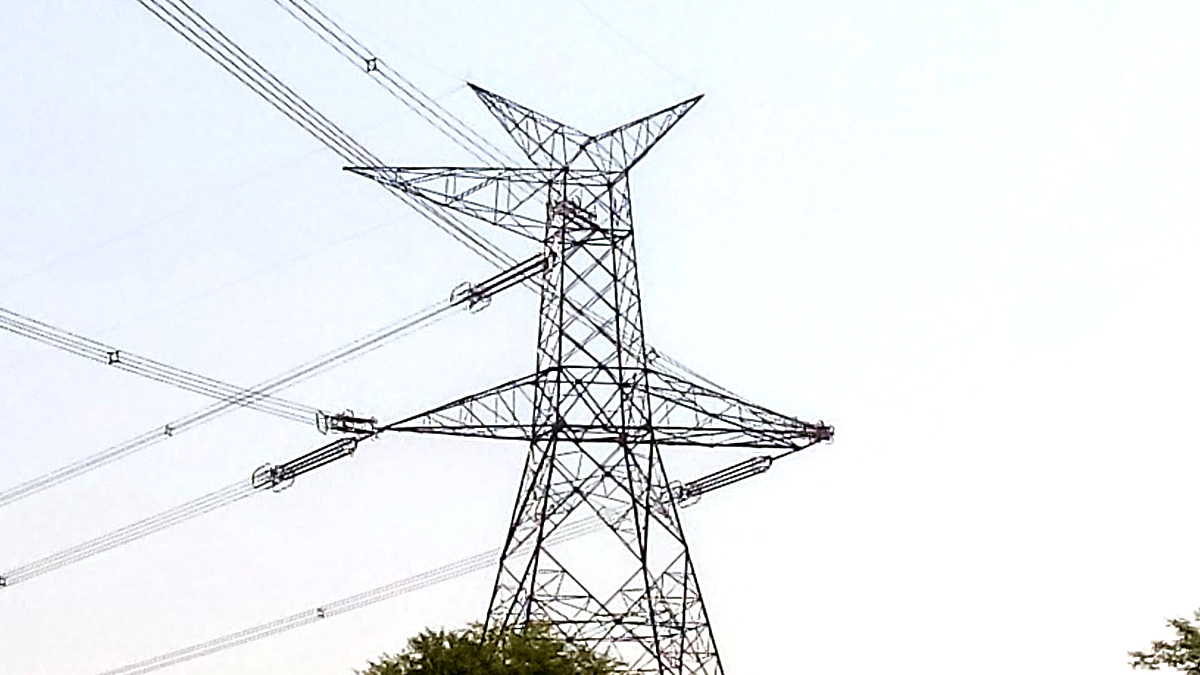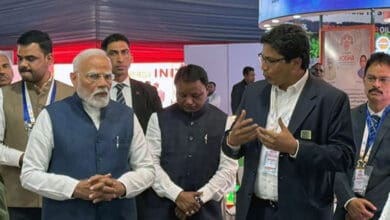UN Secretary-General Antonio Guterres on Monday said India is pursuing bilateral arrangements to achieve Prime Minister Narendra Modi’s ambitious targets for renewable energy expansion by 2030, as he hoped this would soon translate into a new, strengthened national climate plan.
In his live video message at the Economist Sustainability Summit ‘Keeping 1.5 Alive – Delivering on the Fate of our Planet’, Guterres said: “India is pursuing bilateral measures to achieve Prime Minister Modi’s ambitious targets for renewable energy expansion by 2030, which we hope to soon see reflected in a new and strengthened national climate plan.”
Under the 2015 Paris Agreement on Climate, countries agreed to cut greenhouse gas emissions to limit the temperature increase to 1.5 degree Celsius above pre-industrial levels
At the United Nations Climate Change Conference COP26 at Glasgow in November last year, Modi had announced that India will achieve net-zero carbon emissions by 2070 and said India will take its non-fossil energy capacity to 500 GW by 2030.
He had also said India will meet 50% of its energy requirements from renewable energy by 2030 and will reduce the total projected carbon emissions by 1 billion tonnes from now till 2030.
Modi added that by 2030, India will reduce the carbon intensity of its economy by more than 45%. Guterres said that if the world wants to stop global warming, “we need to go to the source, the G20”.
Noting that the developed and emerging economies of the G20 account for 80% of all global emissions, Guterres said a growing number of G20 developed economies have announced meaningful emissions reductions by 2030 – with a “handful of holdouts”, such as Australia.
“But the development imperatives and economic structure of major emerging economies are standing in the way of similar commitments. Above all, a high dependence on coal. This includes China, India, Indonesia and others,” he said.
Guterres underlined that the planet can’t afford a climate blame game, where developed countries say that “we did our job – now it’s up to emerging economies to accelerate their transition” while emerging economies respond by saying that “you exported carbon-intensive heavy industrial activities to us in return for cheaper goods. You have outsourced pollution. If you look at emissions that correspond to consumption – not production – the developed world still has a long way to go. Plus, you have a historical responsibility – and that is why we have the internationally agreed principle of common but differentiated responsibilities in the light of national circumstances.”
Guterres said if this goes on, “there are no winners in a blame game. We can’t point fingers while the planet burns.”
Outlining the solution to deal with this, he said he has been advocating for the formation of coalitions to provide major emerging economies with resources and technology to accelerate their transition from coal to renewable energy.
“These countries often hit many roadblocks on the road to renewable energy. These include: high capital costs, technical challenges and inadequate access to finance,” he said, adding that they also need support for a just transition for coal miners and coal-dependent regions.
He noted that developed countries, multilateral development banks, private financial institutions and companies with the technical know-how – all need to join forces in these coalitions to deliver support at scale and with speed to coal-intensive economies.
“Such a coalition has been formed in South Africa. And the pieces are coming into place for coalitions in Indonesia, Vietnam and elsewhere,” he said.
He noted with concern that there is an enormous emission gap and to keep the target of limiting global warming to 1.5 degrees Celsius “alive” requires a 45% reduction in global emissions by 2030 and carbon neutrality by mid-century.
“There is no kind way to put it: The 1.5-degree goal is on life support. It is in intensive care,” he said.
He said the goal of 1.5 degree Celsius can be kept alive by accelerating the phase-out of coal and all fossil fuels and implementing a rapid, just and sustainable energy transition – the only true pathway to energy security; by delivering concrete outcomes this year on climate coalitions to help emerging economies urgently phase out coal; by speeding up the decarbonisation of major sectors such as shipping, aviation, steel and cement and by driving a swift and transformative increase in climate finance with multilateral development banks leading on unlocking the trillions that we know are needed.
“That’s how we will move the 1.5 degree goal from life support to the recovery room,” he said.













